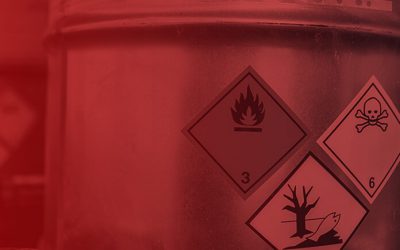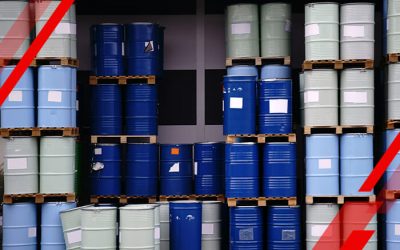Understanding what qualifies as Industrial solid waste is important to understand so that your business can remain compliant with EPA and state regulations.
Service Request
Have waste that requires compliant handling or disposal? Fill out our service form and an MCF Environmental Representative will get back to you quickly with next steps!
Please note we do not provide disposal services for household waste

















